US classification of Iran sanctions will harm JCPOA
By Majid Shakeri
The idea of classifying the Iran sanctions into “removable, negotiable, and non-removable” is seriously at odds with the goals that America had declared at the start of the talks on reviving and strengthening the Iran nuclear deal — officially called the Joint Comprehensive Plan of Action (JCPOA).
In fact, the US side’s idea that the lifting of the main sanctions would greatly help Iran benefit from the JCPOA and would thus set the stage for the revitalization of the JCPOA fails to take sufficient heed of Iran's economic experience during the sanctions waiver period before May 8, 2018, when Washington left the nuclear agreement.
Back then, the main sanctions, which were imposed on Iran’s oil and banking sectors, had merely been waived within the legal framework, while around 200 not-so-significant natural and legal persons had apparently remained on the US’s Specially Designated Nationals and Blocked Persons (SDN) List.
According to the JCPOA’s Annex II, footnote 16, “non-US, non-Iranian financial institutions engaging in transactions with Iranian financial institutions (including the Central Bank of Iran) not appearing on the SDN List will not be exposed to sanctions as a result of those Iranian financial institutions engaging in transactions or banking relationships involving Iranian individuals and entities, including financial institutions, on the SDN List, provided that the non-US, non-Iranian financial institution does not conduct or facilitate, and is not otherwise involved in, those specific transactions or banking relationships with the Iranian individuals and entities, including financial institutions, on the SDN List.”
Although the footnote describes such transactions as “permissible,” it would severely restrict the agent bank by placing on it all the burden of taking risks in identifying the beneficiaries as part of the process of customer due diligence, especially while the Financial Intelligence Unit of the US Treasury Department (FinCen) was increasingly moving away from a rule-based approach toward a de-risking one in the consumer due diligence process. Thus, the presence of numerous Iranian names on the list (even if apparently unimportant individuals) would sharply restrict the ceiling for Iran’s benefits from the JCPOA, particularly as the Americans had been making many remarks that were inconsistent with the nuclear deal from before May 8, 2018 or even before the Trump era with the aim of heightening the risks and lowering Iran’s benefits.
Now that the US has proved that it is practically capable of unilaterally withdrawing from the JCPOA and turning its back on UN Security Council Resolution 2231, that risk will certainly be dozens of times higher than that of the sanctions waiver period, and the classification of the sanctions into removable and non-removable would, in practice, move toward zero benefit for Iran and seriously undermine the JCPOA. Keeping the many names on the SDN list (even though they may look insignificant) would not be much different than not removing the sanctions.
One solution that could help the Americans avoid, to some extent, the complexities caused by the previous mistakes, is for FinCen to draw up a new rule-based guideline in order to precisely determine the beneficiaries of transactions as well as the number of beneficiary categories that would have to be evaluated by the agent bank (for instance by evaluating the client at a maximum of two ownership categories away).
Without taking the above-mentioned risk into account and with a reduction in the dividends of Iran and its public, the blow the US has dealt to the JCPOA will not be compensated for.
Majid Shakeri is an Iranian analyst and researcher in the field of financial governance. He can be followed on twitter via @Majidshakeri8.
(The views expressed in this article do not necessarily reflect those of Press TV.)
Hamas slams Israel's plan to expand East al-Quds boundaries
Iran congratulates Bangladesh on successful parliamentary elections
VIDEO | Israel approves land registration in West Bank’s Area C, raising Palestinian annexation fears
VIDEO | Press TV's news headlines
Iran: World bears responsibility to counter Israel’s rights violations in West Asia
Saudi Arabia condemns Israel’s seizure of West Bank land, warns of regional instability
Israeli producer of anti-Iran propaganda series ‘Tehran’ dies in Greece
Diplomacy and deterrence: Iran focused on reaching nuclear deal – without compromise


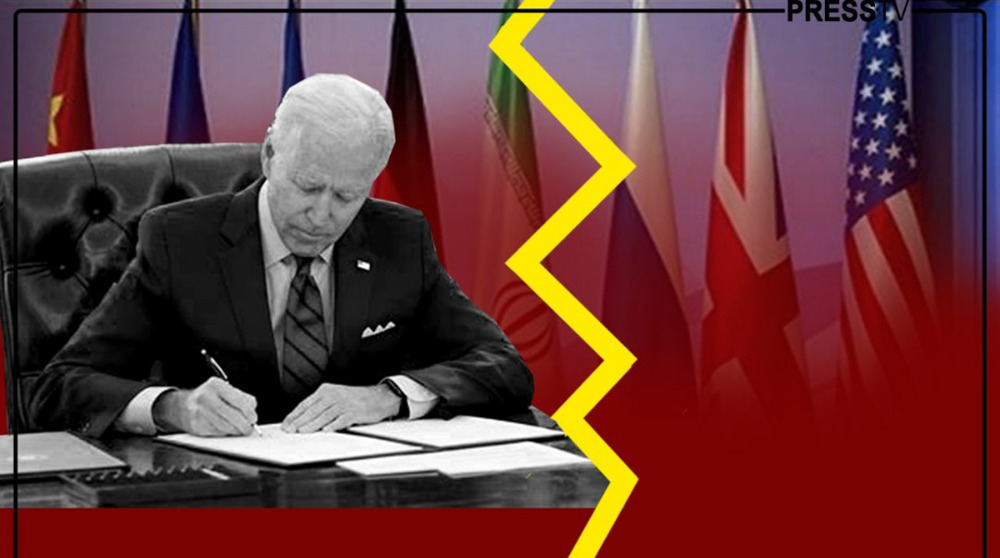
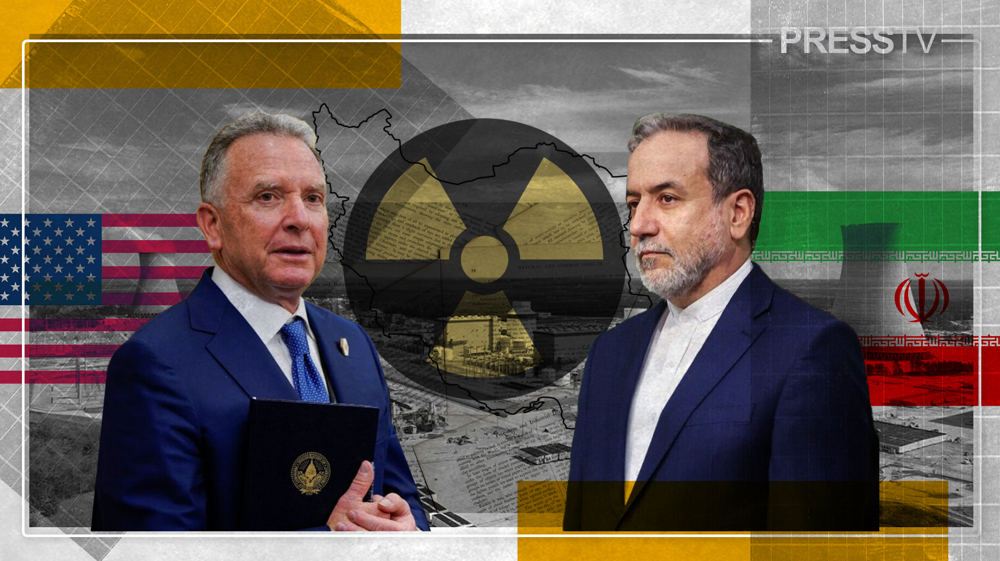
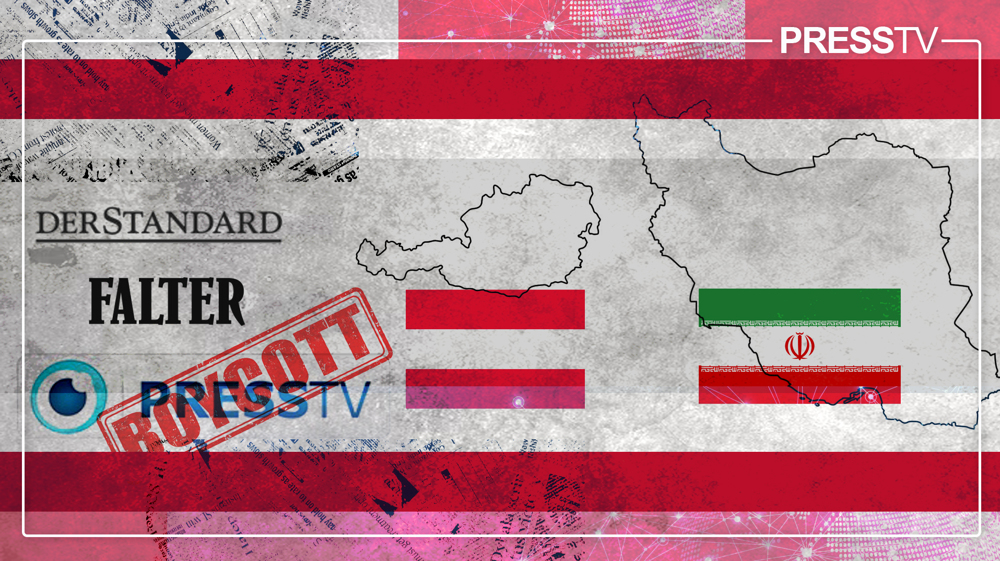
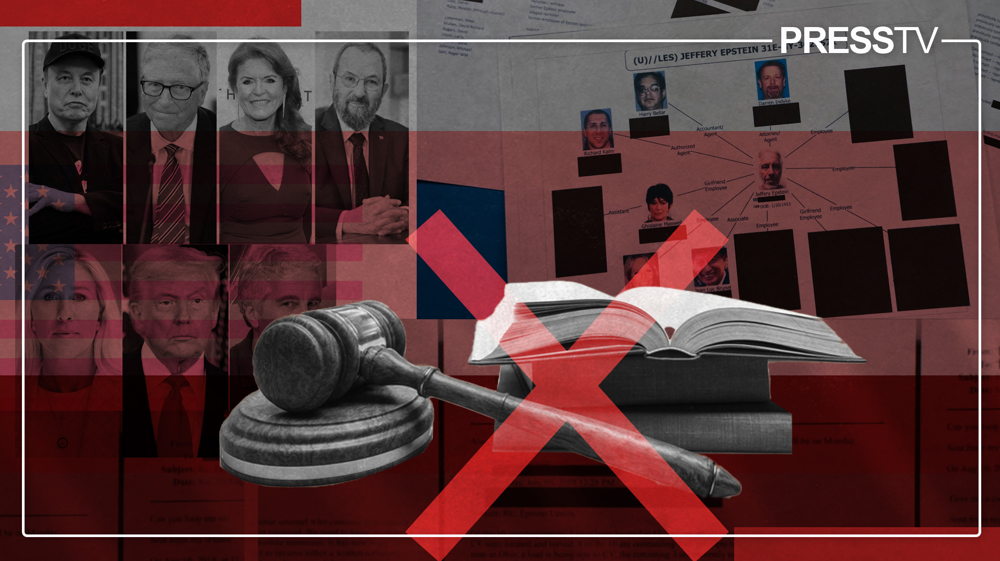



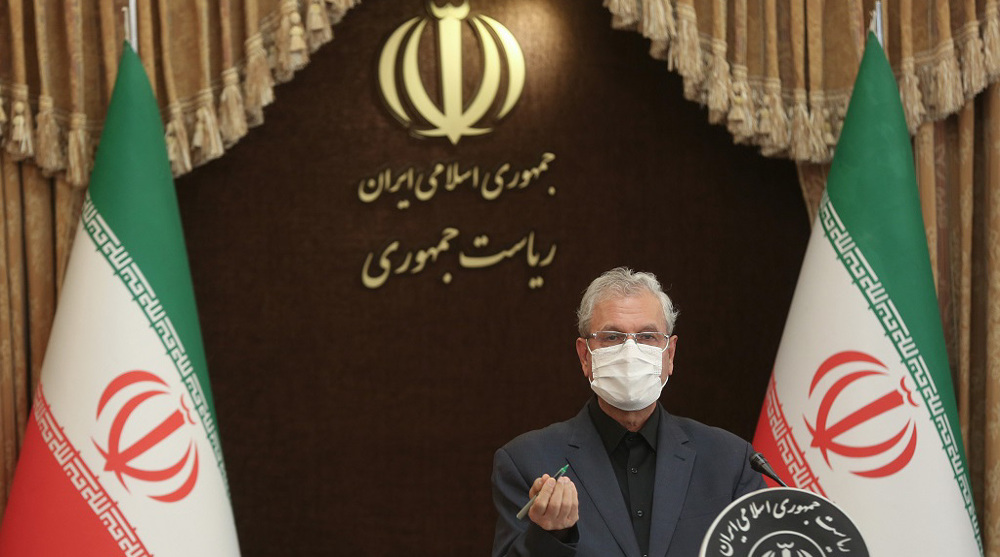



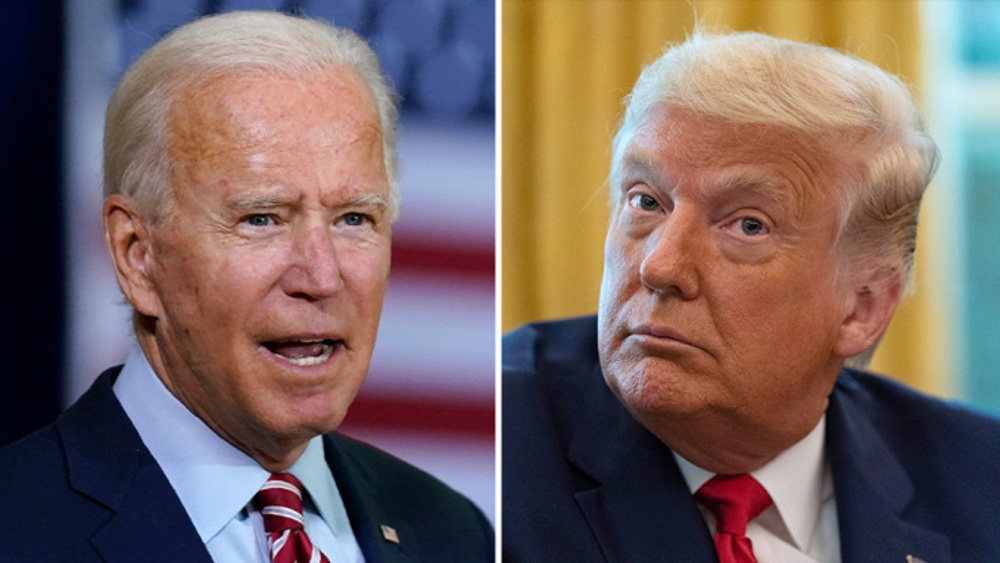

 This makes it easy to access the Press TV website
This makes it easy to access the Press TV website